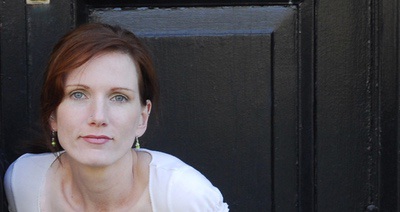
Tasia M. Hane-Devore
Poetry
Tasia M. Hane-Devore has been a writer, sculptor, poet, ceramicist, academic, teacher, picture framer, editor, and overall fixer of things. You can find her poetry, fiction, and nonfiction in Tar River Poetry, New York Quarterly, The Laurel Review, Quarter after Eight, Hippocampus Magazine, Sou’wester, and Third Coast, among other journals. She holds a PhD from Case Western Reserve University.
What We Play Here
“ My mother was an enigma to me when I was a child. And though I suppose that’s true for many children when they speak of their mothers, mine was full of a strange violence interspersed with inertia, and she would move from one to the other without warning. I was about eight when I learned she was mentally ill, that the hospitals she was going to were for problems the doctors couldn’t hear or see. There’s a particular kind of guilt you feel as the child of a parent who’s ill like that, with something you think should be cured. It’s like an itch at the back of your brain. Since she died more than a decade ago, I often look back to try to see her as the complex person she was rather than just the parent I knew her to be. Most of the time, it works. ”
